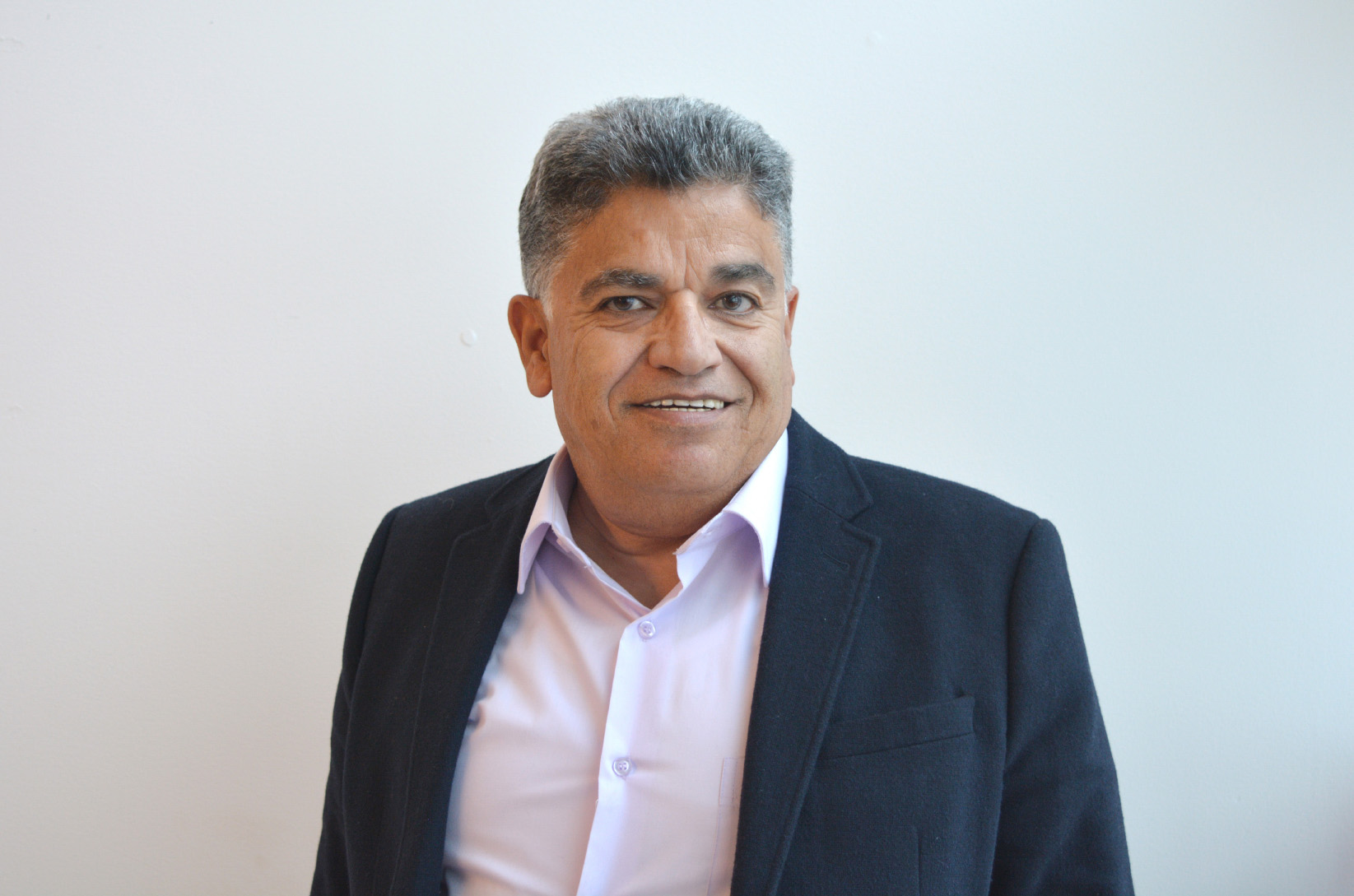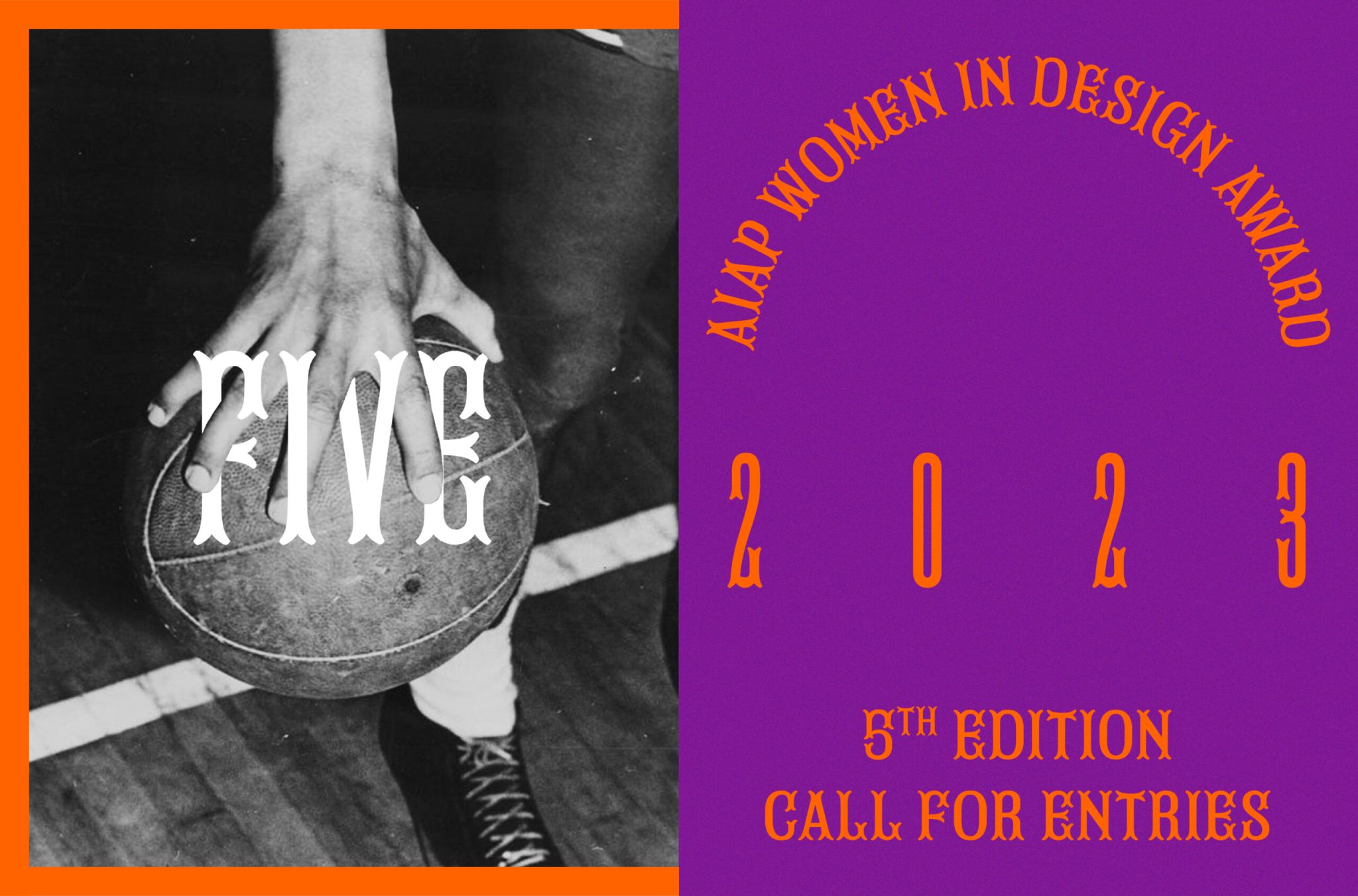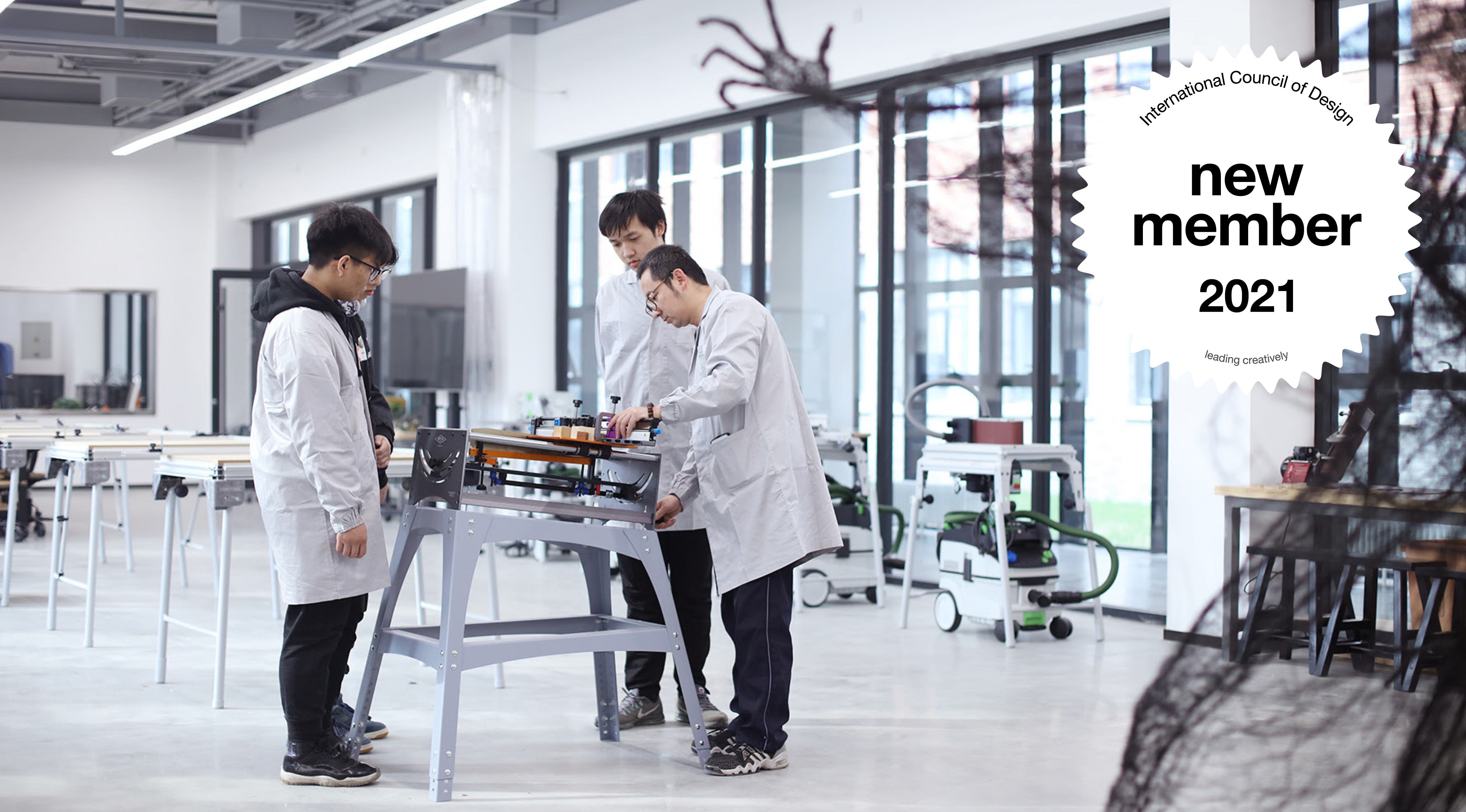Designing an International Organization for 21st Century Design

15.09.2013 News
(Download as a PDF .)
Fifty years is an amazing milestone. Established in London in 1963, Icograda has made a difference, serving professional graphic designers, the broader visual communications field and the entire international design community. So it was therefore altogether fitting that it was again in London, at the end of August, that the Icograda Board completed a year-long process of strategic planning aimed at transforming our organization to reflect the needs of 21st century designers. At the GA in November, this Board will be submitting proposals to dramatically restructure our organization. You, our members, will determine our future.
The Icograda Board met last week in London for its last meeting prior to the General Assembly in Montréal. As a part of the celebration of our 50th anniversary, an exhibition comprised of posters from the Icograda Archives opened at the London College of Communication, University of the Arts London. The Icograda Board has also visited the Archives, housed with great care by the University of Brighton.
The November General Assembly in Montréal will celebrate fifty years of very successful Icograda service. Guided by the principle that our value is measured by the tangible benefit we provide members and the profession, we have spent the last year formulating a strategy that ensures our relevance in the drastically changing world of design. In 1963, the design professions were only beginning to be recognized in a few highly industrialized countries. Today, design is recognized as a primary component of economic development in all corners of the world. Once upon a time, design was associated with the wealthy. Now it is recognized that all citizens are entitled to good design and that design has a powerful impact on society, culture and our planet’s ecology. Design today is inseparable from technology, research and innovation. The international design organizations must evolve to reflect these dramatic changes.
This Board realizes that in order to be relevant, our organization must provide tangible benefits to our member entities and that these benefits must impact the daily lives of practicing designers. Our organization must be able to better serve our different categories of membership, must more effectively utilize current technologies and communications, must better address issues of professional practice and must be an effective advocate for the social value of design.
Perhaps the most dramatic development in recent years has been the growing recognition of the importance of the integration of the design community. This is shown by integration efforts over the past decades and decisions made by Icograda GAs and Boards in recent years. This is also reflected in the enormous efforts invested in the IDA*.
Over the past few years, an increasingly outdated Icograda structure has resulted in administrative and financial shortfalls that have reduced our ability to provide services to our members. Unexpectedly acute challenges during the present term forced this Board to make difficult decisions in order to assure IcogradaÂ’s viability. The lessons learned contributed directly to the year-long strategic effort to redesign Icograda.
We have developed detailed proposals to upgrade the structure and operations of our organization to achieve these objectives, to be circulated to members with the GA package in mid October. Special sessions will be conducted for the different membership categories on 16 November, prior to the GA, to discuss the plans and obtain member input. At our GA on 17-18 November, members will be asked to determine the future of our organization. It is critical that our members take an active part in these discussions and we strongly encourage you to attend the GA and contribute your opinion. For those unable to attend, we encourage you to assign proxies to ensure that your voice is heard in making these momentous and historical decisions for Icograda.
The proposals include: amendments to the Articles and Bylaws upgrading the structure of our organization and upgrading oversight procedures and organs; an upgraded fee structure that is more equitable to members and ensures a better financial base for operations; a set of reform proposals to make the IDA more effective in terms of decision-making and use of resources.
Pending GA approval of course, the Board believes that implementation of these proposals will complete IcogradaÂ’s evolution into an organization dedicated to a wholistic, integrated view of design. Two of our three membership categories, educational and promotional, are multidisciplinary by definition. Many of our professional members, our core membership category, are also multidisciplinary. In 2009, our GA strongly voted for the ultimate conversion of our organization into an integrated entity through merger. That objective did not come to fruition because our partner organizations do not share the same vision. Guided by the principle determined by our members, and steeled by the challenges of recent years teaching us that integration is the only way to ensure our organizationÂ’s future viability, the Board unanimously proposes that we adopt a structure that reflects this objective, and also proposes changing the name of our organization to the International Design Council.
By adopting the new framework, not only will we better address the multifaceted needs of our members reflecting an updated, more current understanding of what design is today, but because of the resulting more effective administrative infrastructure, we will better address the specific needs of each design specialty. In fact, we will be better equipped to address the needs of visual communications than we presently are.
Since we recognise that each member category has specific needs that require special focus, the Board proposes establishment of new platforms for each member category - professional, educational and promotional. The members of each platform will establish their own agenda, and propose and control the programs and projects important to them. Stand alone international member category events are being planned in 2014 to establish international agendas for each of the different member categories. An event for educational members is planned for the summer in Hong Kong and an event for professional and promotional members is planned for October in New York. It is important to note that these platforms are flexible and modular. Sub-frameworks, based on member needs and decisions, can be created to serve particular needs and disciplines.
Icograda today is the largest design organization in the world with 189 members representing 57 countries. We are particularly proud that our core membership of professional design organizations numbers 60, by far the largest collection of single- and multidisciplinary professional design organizations in the world - giving us a special leadership role, and potent capacities, but also a great responsibility to our profession. We are confident that the efficiencies and benefits of the new format will make us even stronger and able to provide a better, upgraded level of service to members.
The International Design Council will also be better able to make a global impact and provide a stronger voice for advocating design. The new administrative structure will be more efficient and resource-effective at a more attractive price to members. We stress that this new format is completely consistent with a ‘project-based’ IDA - especially according to the reform proposals we have formulated and proposed to our IDA Partners.
This Board is very proud of the results we have achieved during this term in successfully overcoming acute challenges resulting from an outdated format. We are confident that the proposals we are submitting will ensure a successful organization for the 21st century. But the active participation of our members in the November GA is critical to achieve these objectives for our shared future.
On behalf of the Icograda Board, we look forward to working with you at the GA in November.
Iva Babaja
?Icograda Secretary General
* Turbulence in the IDA teacup
?In recent terms, the Icograda Boards have had to devote a great deal of attention to IDA issues. This term has required even more attention, due to problems relating to the 2013, 2015 and 2017 IDA Congresses and other issues. Admittedly, little in terms of value to members can be shown for these efforts, and no impact on the everyday professional lives of the worldÂ’s designers. Earlier this year, a special Icograda work group developed detailed proposals for much-needed reform of the IDA, hoping to make it more effective by streamlining decision-making processes and making the IDA more resource-effective. The proposals were submitted to our IDA Partners with the intention of seeking approval from the GAs. Sadly, we received no responses. On August 27, two days before our recent London Board Meeting, we were very surprised to receive an official notification announcing the Icsid BoardÂ’s June unanimous decision to unilaterally terminate the IDA.
We regret IcsidÂ’s decision, though of course each of us must chart our courses independently. We particularly regret the manner in which our partner communicated and implemented their decision. The IDA was established through a long and laborious collaborative process, including the passage of joint resolutions in the different GAs. Reform, and even dissolution if need be, could have and should have been achieved in the same way, through transparent collaboration and negotiation. We are particularly troubled by the fact that the Icsid Board notification indicates that the decision to terminate was made many months ago, and therefore prepared even earlier. Icisd representatives on the IDA Executive Board, and the Icsid Project Management Team managing the IDA Congresses, continued to make and influence long-term IDA decisions without revealing their decision to terminate the IDA to their IDA Partners. We note that these decisions resulted in substantial damages. We have expressed our dismay through official communication to the Icsid and IFI Boards. There are serious legal, conflict of interest and fiduciary implications involved.
After considering the developments, the Icograda Board decided to go forward with its plans as described above. The evolution of our organization is consistent with our vision of the IDA as an alliance of design stakeholders collaborating on projects. A successful example is the Australian Design Alliance, composed of single-discipline and multidisciplinary entities.
We call on the Icsid Board and the Icsid GA to reconsider the decision to terminate the IDA. Our proposals for IDA reform will be presented to our GA. We hope that the IDA still has a future.

relatedarticles

in memoriam: essam abu awad (1958-2021)

in memoriam: yu bingnan (1933–2020)


